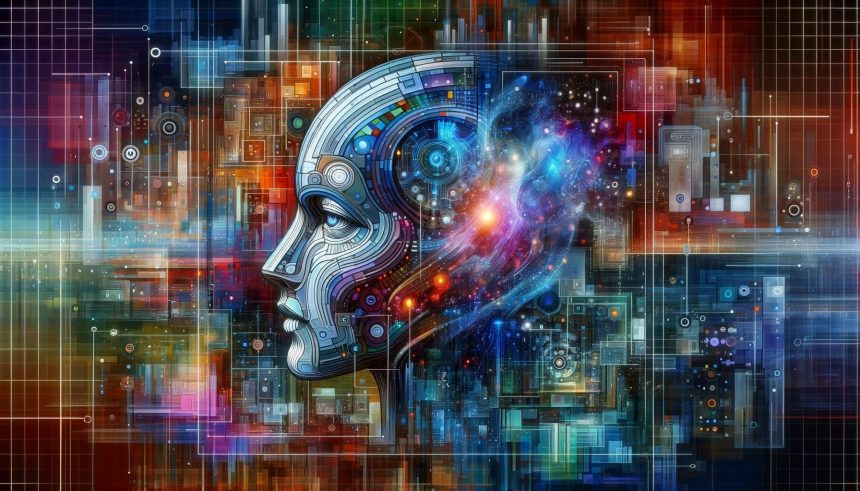As artificial intelligence continues to integrate into daily life, the exploration of emotional capacities in AI systems gains momentum. The development of AI that can recognize and potentially feel emotions could significantly alter human-AI interactions. This advancement promises more personalized and empathetic engagements across various sectors.
Advancements in emotional AI have roots in earlier efforts to make machines more responsive to human needs. Previous iterations focused primarily on emotion detection, but recent progress suggests a shift towards more complex emotional interactions. This evolution marks a significant step from reactive systems to those that may exhibit more proactive emotional behaviors.
Can AI Develop Genuine Emotions?
While current AI lacks consciousness, developments suggest that AI systems might simulate basic emotional responses. Systems like Antix are already programmed to respond sympathetically, indicating a move towards more nuanced emotional interactions.
“AI doesn’t feel emotions, but it can mimic emotional responses to improve user experience,”
stated a representative from Antix.
How Will Emotional AI Impact Human Interaction?
Emotional AI is set to enhance interactions by making them more relatable and effective. For instance, empathetic chatbots could provide better customer support, understanding and addressing user frustrations more effectively.
“Our digital humans are designed to create more meaningful connections with users,”
explained the CEO of Antix.
What Are the Current Advances in Emotional AI?
Recent innovations include platforms like Antix that utilize Unreal Engine 5 to create lifelike digital humans capable of expressing a range of emotions. These systems learn from interactions, allowing them to adapt and respond appropriately over time. The customization options for behavior and appearance further enhance their ability to engage users on a deeper emotional level.
The progression towards emotional AI is shaping the future of digital interactions, offering more immersive and supportive experiences. By enabling AI to respond with empathy and understanding, technologies can better address human needs in areas such as mental health, education, and customer service. This development underscores the potential for AI to become more integrated and beneficial in various aspects of society.










